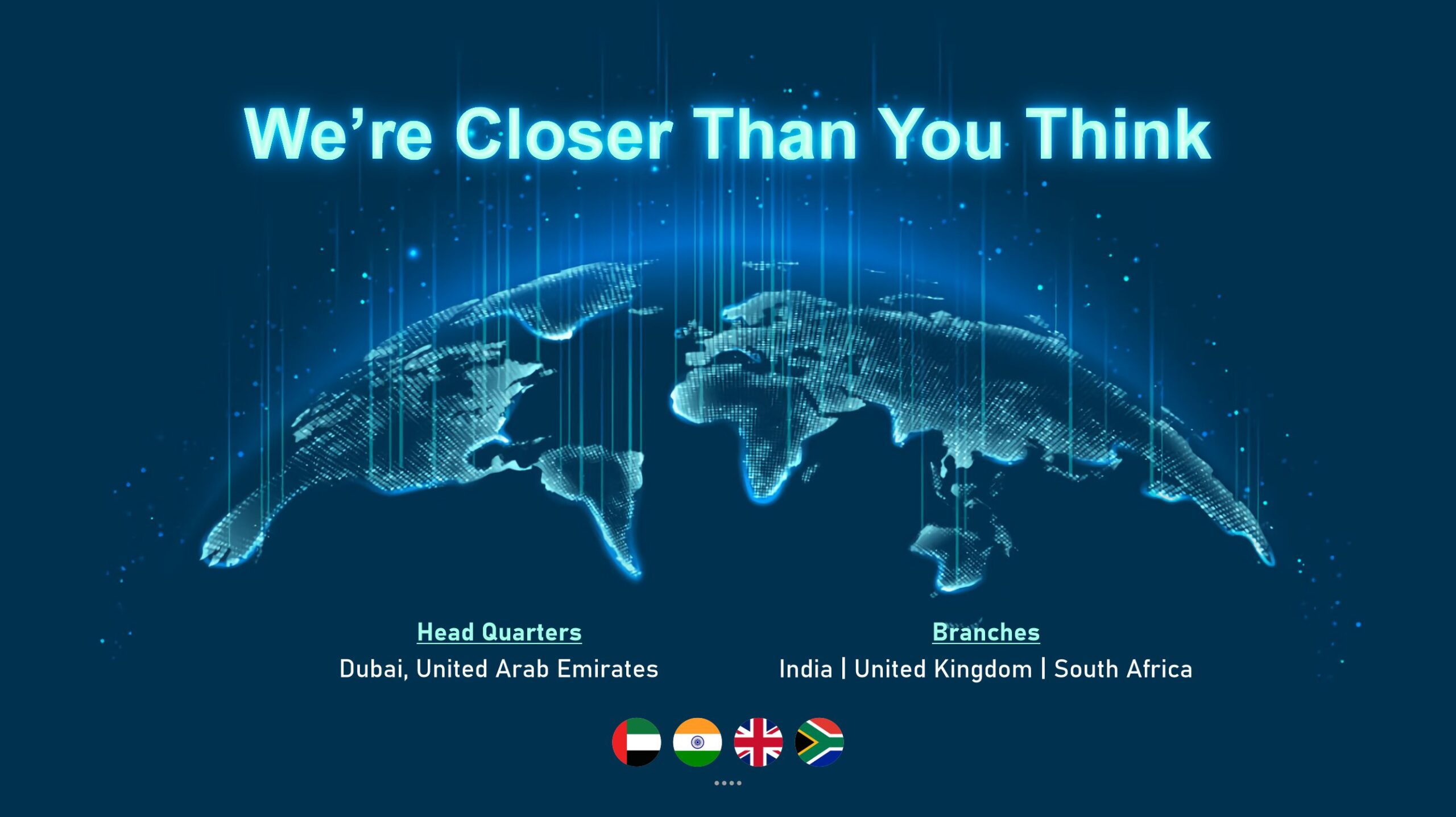


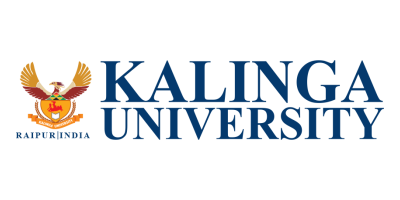
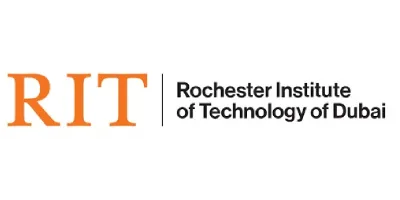



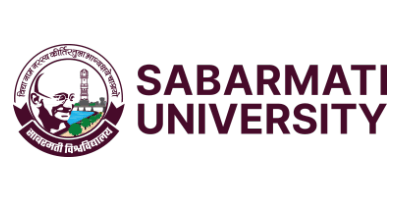
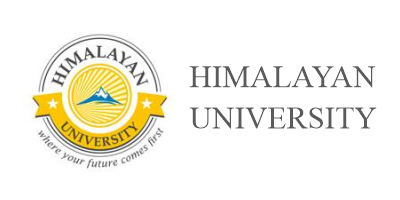



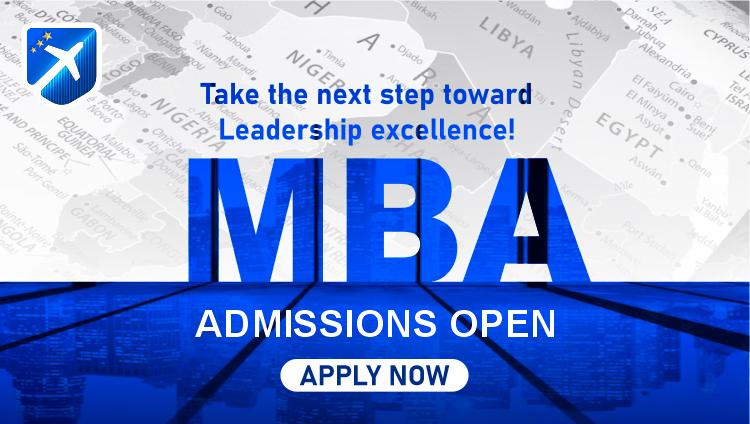
We don’t just guide you, We walk the journey with you.
A UG (Undergraduate) program is the first level of higher education you can pursue after completing Class 12 or equivalent. It leads to a bachelor’s degree such as B.A., B.Sc., B.Com, B.Tech, BBA, or LLB, depending on your chosen field.
In India, students must have completed 10+2 (or equivalent) from a recognized board with the required subjects and minimum marks. Some programs may also require entrance exams like CUET, JEE, NEET, CLAT, or university-specific tests.
For international universities, students typically apply online through the university’s admission portal. Requirements usually include academic transcripts, English proficiency tests (IELTS/TOEFL), a Statement of Purpose (SOP), recommendation letters, and a valid passport.
Indian universities focus on structured, syllabus-based learning, while international universities often emphasize research, creativity, and practical exposure. Studying abroad also provides global exposure and cross-cultural learning, while Indian universities offer strong value and affordability.
Yes, both Indian and international universities offer scholarships based on academic merit, entrance exam performance, sports achievements, or financial need. International universities also offer country-specific or merit-based scholarships to attract global students.
Popular UG programs include Engineering (B.Tech), Business Management (BBA), Computer Science, Law (LLB), Psychology, Design, Medicine, and Arts. Many students also opt for interdisciplinary or emerging fields like AI, Data Science, and Digital Media.
Yes, many universities allow credit transfers, subject to eligibility and academic performance. You’ll need to provide transcripts, course details, and meet the target university’s transfer requirements.


A PG (Postgraduate) program is an advanced level of study pursued after completing a bachelor’s degree. It includes degrees like M.A., M.Sc., M.Com, MBA, M.Tech, LLM, and other specialized master’s programs designed to deepen knowledge and enhance career prospects.
Applicants must hold a recognized bachelor’s degree in a relevant field with the required minimum marks. Some universities may conduct entrance exams such as CUET-PG, CAT, GATE, or institution-specific tests, followed by interviews or group discussions.
Students can apply online via the university’s official admission portal. Common requirements include academic transcripts, English proficiency test scores (IELTS/TOEFL/PTE), Statement of Purpose (SOP), Letters of Recommendation (LORs), resume/CV, and sometimes GRE/GMAT scores depending on the program.
Indian PG programs focus on subject expertise and research in a familiar academic environment at an affordable cost. Studying abroad offers international exposure, flexible learning systems, global networking, and opportunities for work experience or research under global faculty.
Yes. Many Indian and international universities offer scholarships, fellowships, or assistantships based on academic merit, research potential, or financial need. International students can also explore government or country-specific scholarships like Chevening, Fulbright, or DAAD.
Common PG programs include MBA, M.Tech, M.Sc (Data Science, AI, Biotechnology), M.A (Psychology, Economics, English), LLM, and Master’s in Public Health, Design, or International Relations. Specialized and research-based master’s programs are also gaining popularity worldwide.
In many cases, yes. Some programs, like MBA or Data Analytics, accept students from varied academic backgrounds. However, technical or research-based programs may require prior knowledge or foundation courses in the related field.

Every journey begins with clarity. Schedule your FREE one-on-one counselling session (30 minutes) with our expert team today. Discover the right university, topic, and pathway that suits your professional and academic goals.

Fill in the form below and our UG & PG Admission counsellors will connect with you.
Seats are limited for Fast Track & Full Support Programs.
